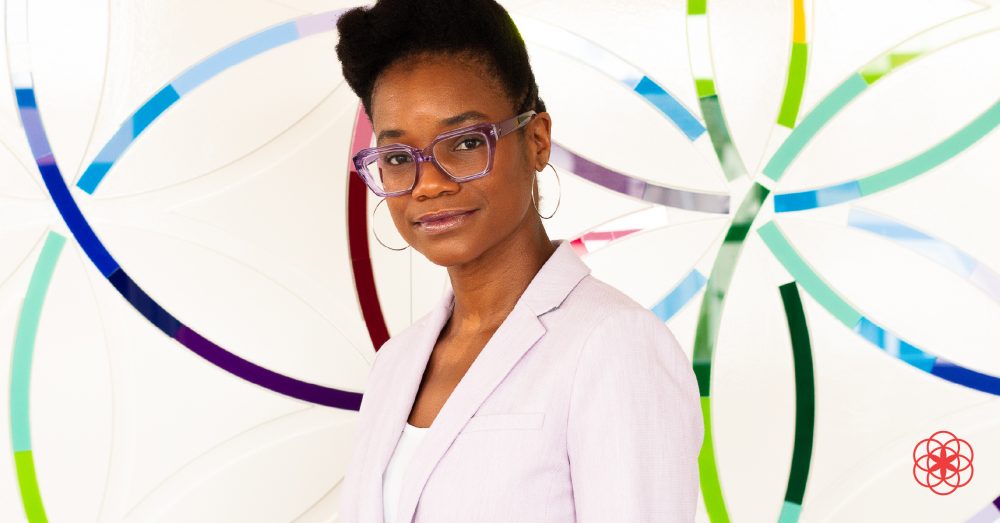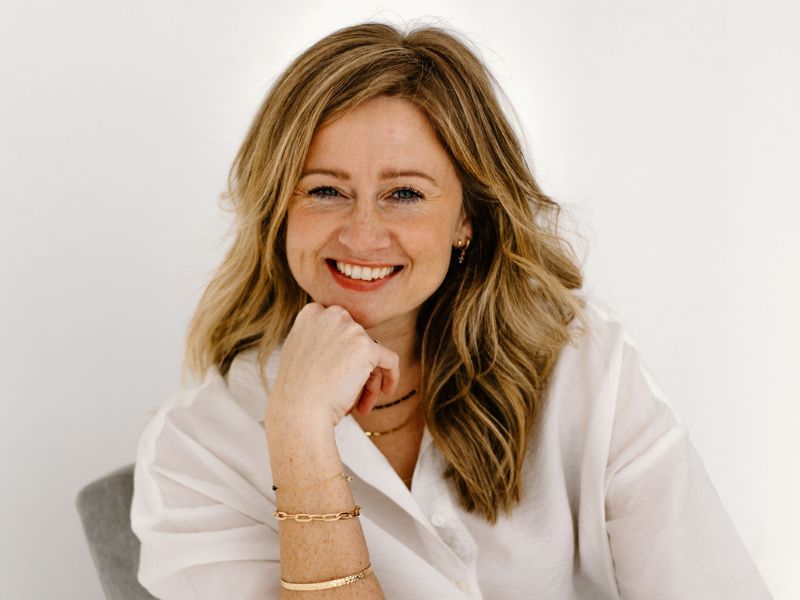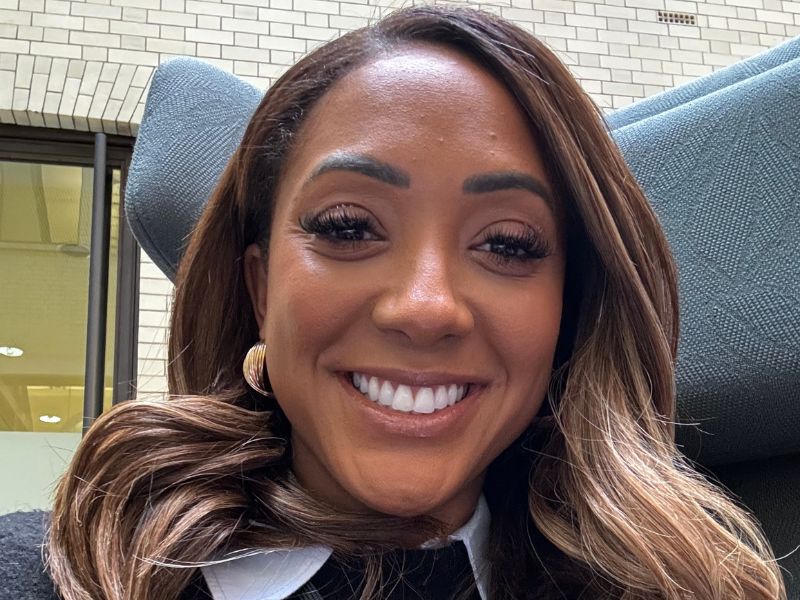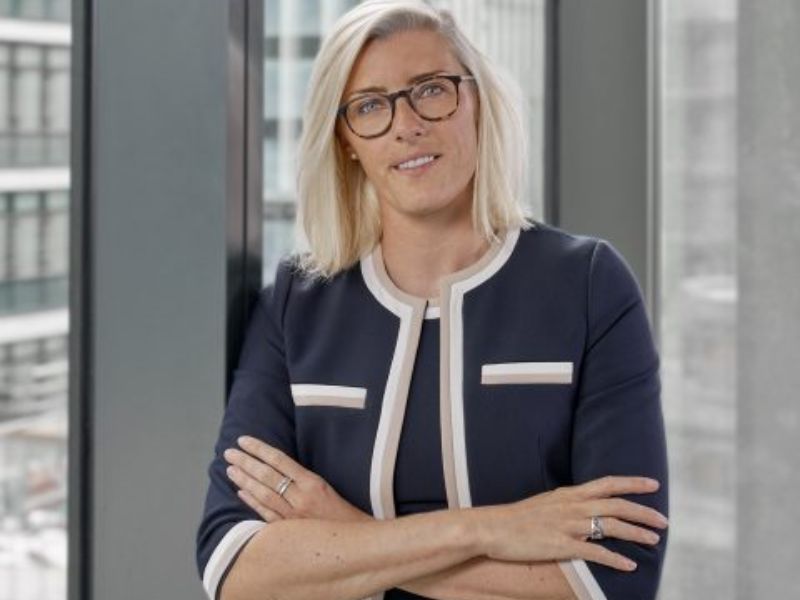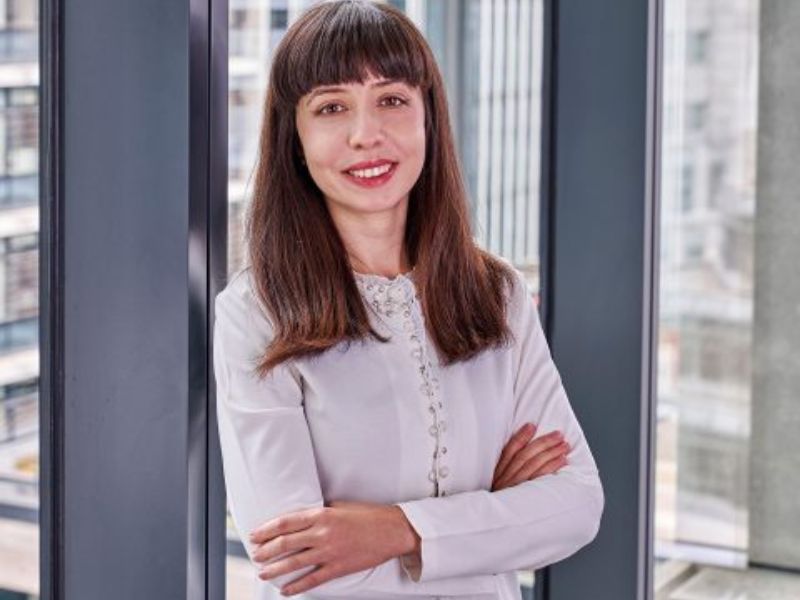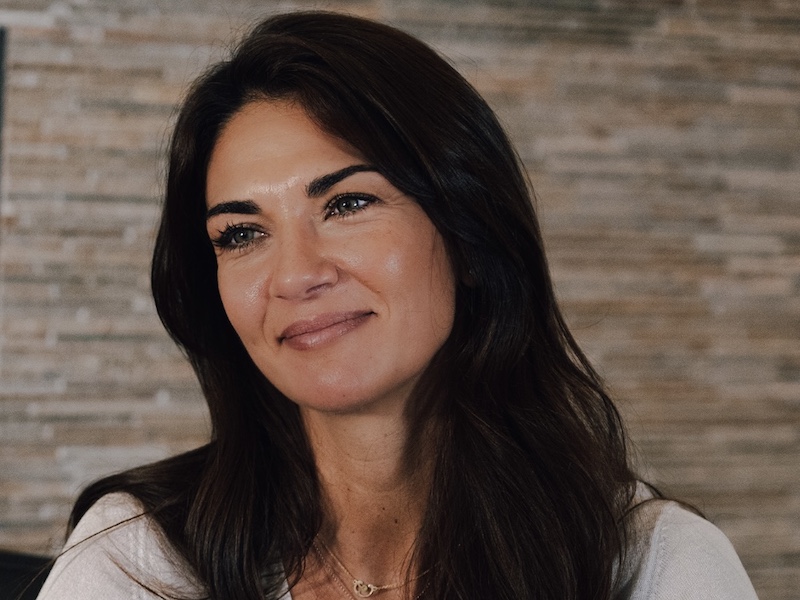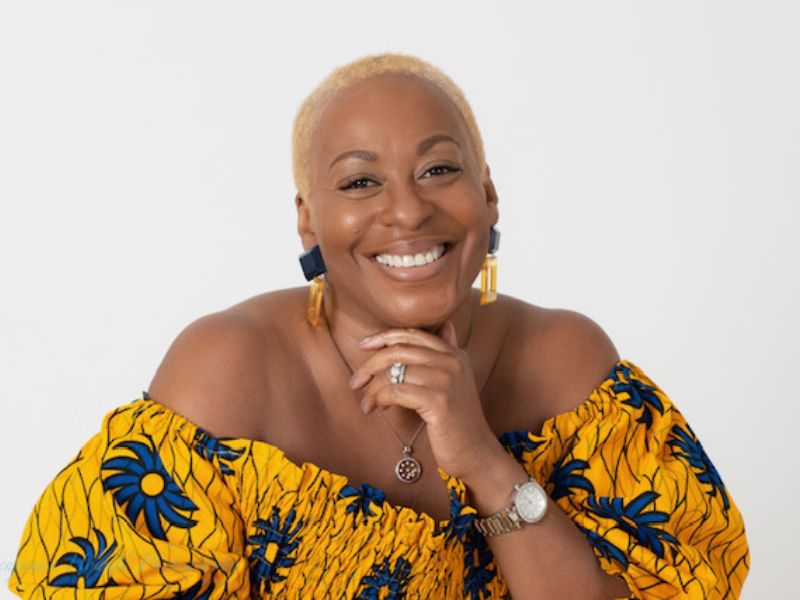Dr Lynae Brayboy joined Clue as Chief Medical Officer in August 2020 and was appointed to provide a clinical perspective on how Clue can develop to address the unmet requirements of women and people with cycles, and to deliver critical research data that will inform reproductive healthcare.
Lynae Brayboy’s skill sets and interests include sexual health, paediatric and adolescent gynaecology, oocyte biology, and infertility healthcare information technology (HIT) and her clinical research to date has focussed on femtech and providing sexual health education for girls and young women, particularly girls and women of colour.
Brayboy graduated with a Doctor of Medicine (MD) from the Lewis Katz Temple University School of Medicine in Philadelphia in 2007. Prior to this, she graduated with a Bachelor’s Degree in Biology from Florida A&M University in 2002. Between 2007 and 2011, Brayboy worked as a Resident at the Abington Hospital Jefferson Health in Pennsylvania. She then did her fellowship in Reproductive Endocrinology and Infertility in affiliation with the Alpert Medical School of Brown University.
Tell us a bit about yourself, background and your current role
I am a physician-scientist with clinical training in obstetrics and gynecology, reproductive endocrinology and infertility. I have research interests in oocyte biology and Femtech (a term coined by Ida Tin, Clue’s CEO and co-founder). I am the Chief Medical Officer for Clue.
Did you ever sit down and plan your career?
According to my mother, she thinks I decided to become a doctor at 2 years old. I don’t remember this. I do remember taking a year off after college to do a Fulbright and worked with a team in Bamako, Mali doing placental malaria research. That year gave me a chance to weigh my options and I decided to pursue a career in medicine and research. I wanted to have a MD-PhD but I didn’t pursue it because I believed the naysayers and talked myself out of it.
Have you faced any challenges along the way?
I had an unplanned pregnancy during my first year of medical school, because I didn’t understand my menstrual cycle at that stage of my education and training. There were no health education smartphone applications like Clue, or smartphones for that matter. Many people (everybody) thought I would drop out and move back in with my parents; however, that wasn’t part of my plan. So, while most of my classmates were partying after exams I was catching up on housework and trying to be a decent parent.
What has been your biggest achievement to date?
I think to have stepped out of the box and defined my career on my own terms. I have been a clinician, an educator, a scientist and now a Chief Medical Officer in a Femtech company that is dedicated to improving healthcare and health literacy for people with periods. When I matched in Ob-Gyn as a single mother living in the intercity, I distinctly remember people scoffing my ability to complete residency. This was a pattern at every step in my career. There are so many people who tell you cannot do something and when you do it, despite a lack of support and/or a cheerleading section, that breeds self-reliance and trust of one’s own inner voice.
My mother, who was also a working mum, often read a book to me called The Little Engine that Could about a small train who is an unlikely winner but is optimistic and works hard and says to itself “I think I can”. The story ends with the unlikely candidate succeeding despite all the odds.
What one thing do you believe has been a major factor in you achieving success?
The optimism that comes with moving forward and trying no matter what the odds are. I went to a Historically Black College and University (HBCU) and the opportunity to not be a minority for 4 years of my life was a beautiful reprieve. I met friends there that I am still close to this day and they have been at all my graduations and triumphs. Attending the HBCU Florida Agricultural &M University also taught me mental toughness and persistence. I am not at all a fan of American football, but I would go to the Florida A & M games just to say the Rattler (our mascot is rattlesnake since the land appropriated to us by the government was infested with deadly venomous snakes indigenous to Florida) Charge, which basically says when the odds are against you “You must always remember that the Rattlers will strike, strike and strike again!” It also taught me to persevere like so many of my ancestors who faced even greater hurdles. I am also eternally grateful to all HBCUs because they provided education to my grandmother (Xavier University in New Orleans, Louisiana) and my father (Bethune Cookman College in Daytona Beach Florida) which insured my ability to succeed.
How do you feel about mentoring?
Mentoring is to me one of the best things people can do with their time. I find that there is more room for honesty in the world. A good mentor is that constant person who can give you an honest assessment of who you are, what you are doing and where you need to be. They can be a cheerleader or a critic, but both actions should be rooted in altruism and honesty. To date I have formally mentored 14 individuals who were in undergraduate or graduate school. I think most of my mentees would say that I encourage independence, hard work, but above all I am honest with them.
Have you mentored anyone or are you someone’s mentee?
Yes, I have had many mentors. My first two professional mentors were both tremendous role models for me. They were both veteran leaders who really didn’t look for others approval and owned their strengths. They were also compassionate and didn’t uphold the patriarchy that exists in medicine. I have also had many mentors who tried to use me and my skills for their own benefit. I enjoy being mentored by women who are feminists and make space for other women—from all backgrounds. I think feminism has been fraught with anti-Blackness, so I find mentors who understand this and work to change this now.
If you could change one thing to accelerate the pace of change for Gender Equality, what would it be?
I think it would be easy to say close the wage gap or promote equal representation of all genders in research. I think that the fundamental strategy for equality is gender equity in all aspects of life. Legislation, government, education, criminal justice system, media, healthcare, science, research….every sector. That means those who represent the leadership in those sectors need to take a top down approach to make sure that their organisations are not just giving lip service and throwing money at a deeper problem. The fundamental problem is that we place value on different people in our society and that colours our interpretation of their actions and inactions.
If you could give one piece of advice to your younger self what would it be?
Trust your instincts. I think women are socialised to ignore our strength and reject our power. I wish I could tell my younger self to forget all the outside opinions and keep it moving—-you know who you are.
What is your next challenge and what are you hoping to achieve in the future?
I want to be part of the leadership that reinvents healthcare for women and people with periods. The pandemic has highlighted all that is wrong with healthcare for both the patients and providers. It has thrusted Femtech into the spotlight and I want to be part of the movement to make care better for the patient and the provider alike, so that we can decrease disparities and work towards healthier lives for all people since we all start our lives in the body of a woman.

